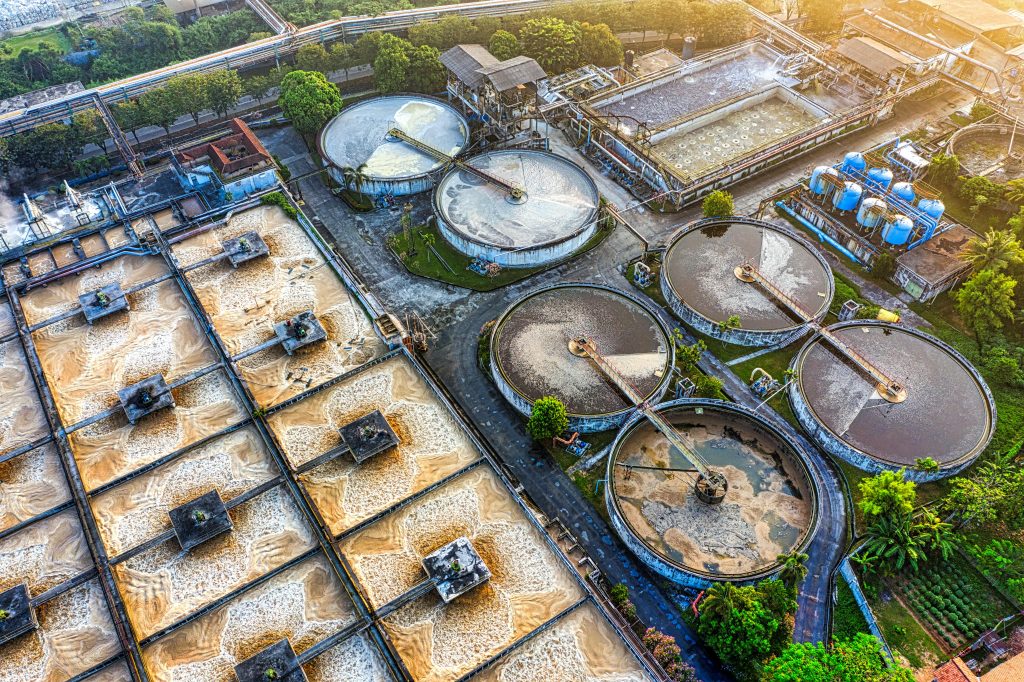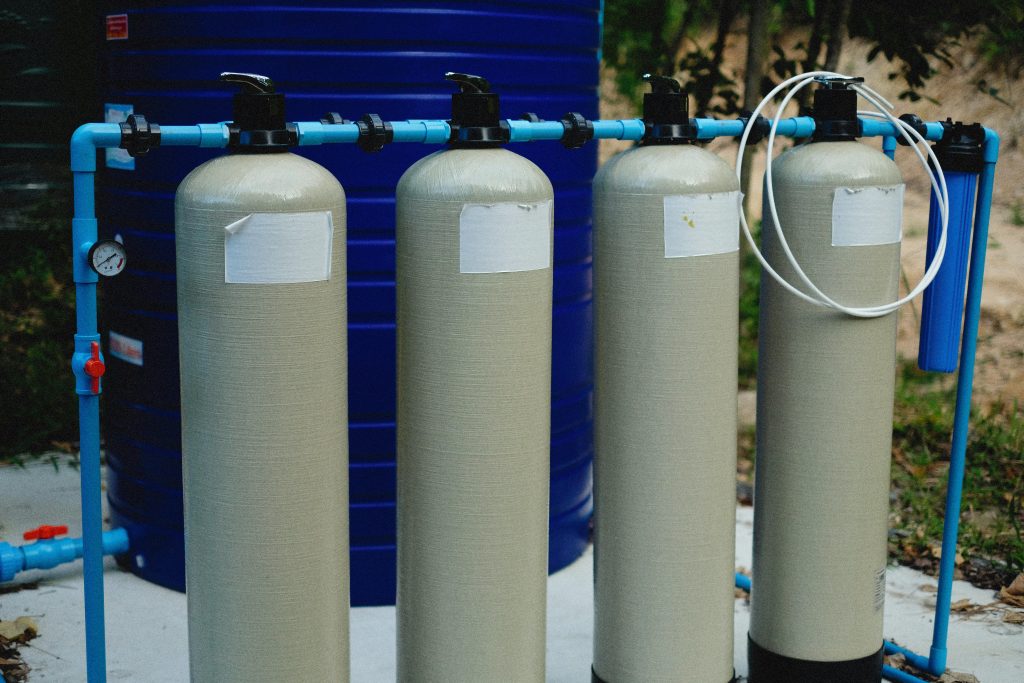Access to clean and safe water is a fundamental human right, yet millions of people around the world still lack this basic necessity. Efficient water treatment systems play a critical role in addressing this challenge by removing contaminants, ensuring water quality, and promoting sustainable water management. As populations grow and environmental pressures increase, the need for advanced water treatment solutions becomes even more urgent. This article explores the importance of efficient water treatment systems, their benefits, and how they contribute to a healthier and more sustainable future.
Why Efficient Water Treatment Systems Matter
Water is essential for life, but it can also be a carrier of diseases and pollutants if not properly treated. Efficient water treatment systems are designed to remove harmful substances, such as bacteria, viruses, chemicals, and heavy metals, from water sources. These systems ensure that water is safe for drinking, irrigation, industrial use, and other purposes. Beyond health and safety, efficient water treatment also supports environmental sustainability by reducing pollution and conserving water resources.
Key Benefits of Efficient Water Treatment Systems
1. Improved Public Health
Access to clean water is crucial for preventing waterborne diseases such as cholera, dysentery, and typhoid. Efficient water treatment systems remove pathogens and contaminants, ensuring that water is safe for consumption and daily use.
2. Environmental Protection
Untreated wastewater can pollute rivers, lakes, and oceans, harming ecosystems and biodiversity. Water treatment systems remove pollutants before water is discharged back into the environment, protecting natural habitats and aquatic life.
3. Resource Conservation
Efficient water treatment systems enable the recycling and reuse of water, reducing the demand for freshwater sources. This is particularly important in water-scarce regions where every drop counts.
4. Economic Benefits
By providing clean water for industries and agriculture, water treatment systems support economic growth. They also reduce healthcare costs associated with waterborne diseases and minimize the financial impact of environmental damage.
How Efficient Water Treatment Systems Work
Efficient water treatment systems use a combination of physical, chemical, and biological processes to purify water. Here are some of the most common methods:
Filtration
Filtration systems remove suspended particles, sediments, and larger contaminants from water. Technologies like sand filters, activated carbon filters, and membrane filtration are widely used.

Chemical Treatment
Chemicals such as chlorine, ozone, and coagulants are used to disinfect water and remove harmful microorganisms. These processes ensure that water is safe for consumption.

Biological Treatment
Biological treatment methods use microorganisms to break down organic pollutants in wastewater. This process is commonly used in sewage treatment plants to produce clean effluent.

Advanced Technologies
Innovative technologies like reverse osmosis, ultraviolet (UV) disinfection, and electrocoagulation are increasingly being used to treat water more efficiently and sustainably.

Applications of Efficient Water Treatment Systems
Municipal Water Treatment
Cities and towns rely on water treatment plants to provide clean drinking water to residents. These systems ensure that water from rivers, lakes, or groundwater sources is safe for consumption.
Industrial Water Treatment
Industries use water treatment systems to purify water for manufacturing processes, cooling systems, and boiler feedwater. Treated wastewater can also be reused, reducing overall water consumption.
Agricultural Water Treatment
Farmers use water treatment systems to ensure that irrigation water is free from contaminants that could harm crops or soil. Treated water also supports sustainable farming practices.
Remote and Rural Areas
Portable and decentralized water treatment systems provide clean water to communities in remote or underserved areas, improving quality of life and reducing health risks.
The Role of Technology in Water Treatment
Advancements in technology are making water treatment systems more efficient, cost-effective, and sustainable. Some key innovations include:
Smart Water Treatment Systems
IoT (Internet of Things) and AI (Artificial Intelligence) technologies enable real-time monitoring and optimization of water treatment processes. Smart sensors detect issues like leaks or contamination, allowing for quick corrective actions.
Solar-Powered Treatment Plants
Solar energy is being used to power water treatment systems, especially in off-grid areas. This reduces reliance on fossil fuels and makes water treatment more sustainable.
Zero Liquid Discharge (ZLD) Systems
ZLD systems recycle all wastewater, eliminating discharge and minimizing environmental impact. These systems are particularly beneficial for industries with high water usage.
The Future of Water Treatment Systems
The future of water treatment lies in the integration of sustainability, technology, and innovation. Key trends to watch include:
Decentralized Treatment Systems
Small-scale, community-based water treatment systems are becoming more popular, especially in rural and remote areas. These systems reduce the need for extensive infrastructure and are easier to maintain.
Circular Water Economy
The concept of a circular water economy emphasizes recycling and reusing water to create a closed-loop system. Efficient water treatment technologies will play a vital role in achieving this goal.
Climate-Resilient Infrastructure
As climate change impacts water availability and quality, water treatment systems must be designed to withstand extreme weather events and adapt to changing conditions.
Conclusion
Efficient water treatment systems are essential for ensuring access to clean and safe water, protecting the environment, and supporting sustainable development. By adopting advanced technologies and innovative solutions, we can address global water challenges and create a healthier, more sustainable future for all. The importance of efficient water treatment cannot be overstated. As we move forward, investing in these systems will be critical to safeguarding our most precious resource, water.
References
- “The Role of Water Treatment in Public Health” – World Health Organization (WHO)
- “Advancements in Water Treatment Technologies” – ScienceDirect
- “Sustainable Water Management Practices” – United Nations Water
- “Smart Water Treatment Systems” – IoT Analytics